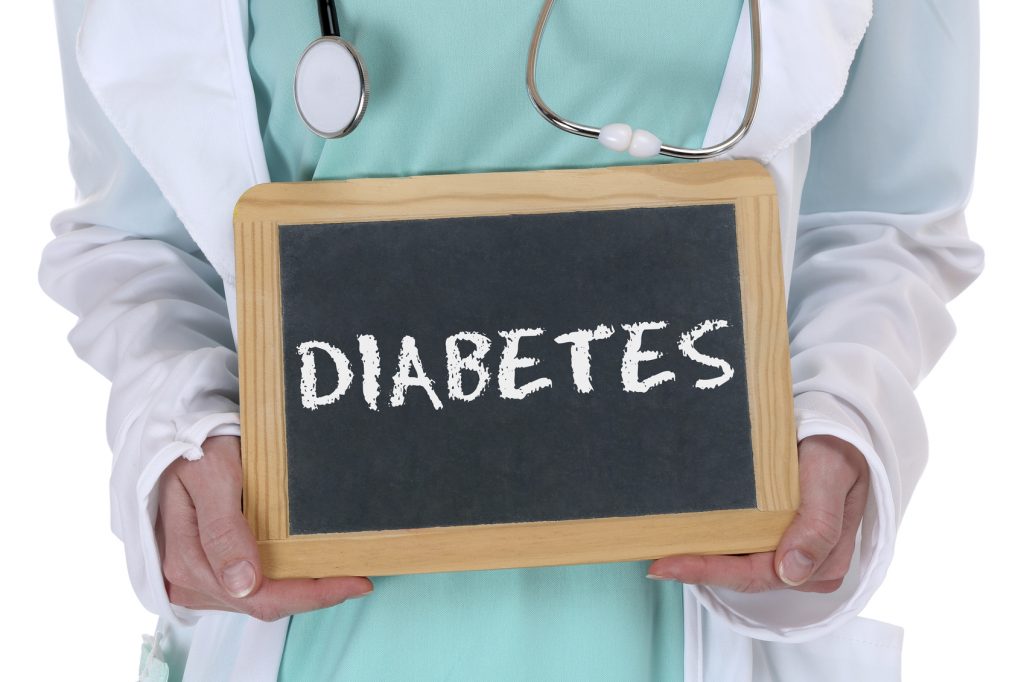
34.2 million Americans have been diagnosed with diabetes. And we all understand that sugar is what causes cavities. If we eat too much and don’t look after our teeth afterwards, we are likely to have begun to develop some issues at your next dental checkup. But too much sugar can contribute to the development of diabetes. According to the National Institute of Diabetes and Digestive and Kidney Diseases, glucose is present in your saliva and when diabetes is not controlled, high glucose levels in your saliva help harmful bacteria grow, and more dental issues than just cavities. These bacteria combine with food to form a soft, sticky film called plaque. Some types of plaque cause tooth decay or cavities, while others cause gum disease and bad breath. This is why diabetics need to be extra careful – because they are prone to gum disease more than non-diabetics. Even further, when blood glucose is high, this gum disease may have the potential to affect blood glucose control and contribute to the progression of diabetes.
It can be said that overconsumption of sugar may be a major cause of two of the most prevalent diseases in the world, i.e., gum disease and diabetes. National surveys have found that the average American consumes around 77 grams of sugar every day, and the recommended amount is a fraction of that. Overconsumption of sugar leads not only to cavities and gum disease, but also can predispose you to prediabetes and even diabetes. So, while you are celebrating the holiday season, keep your sugar intake in mind. And if you find you are overindulging, make sure you practice proper dental hygiene after every sweet treat.
If you have questions or concerns about diabetes, make an appointment today with Dr. Schnall at 212-247-7059 or visit our website at www.philipschnalldmd.com.
Dr. Philip Schnall proudly serves New York and all surrounding areas.
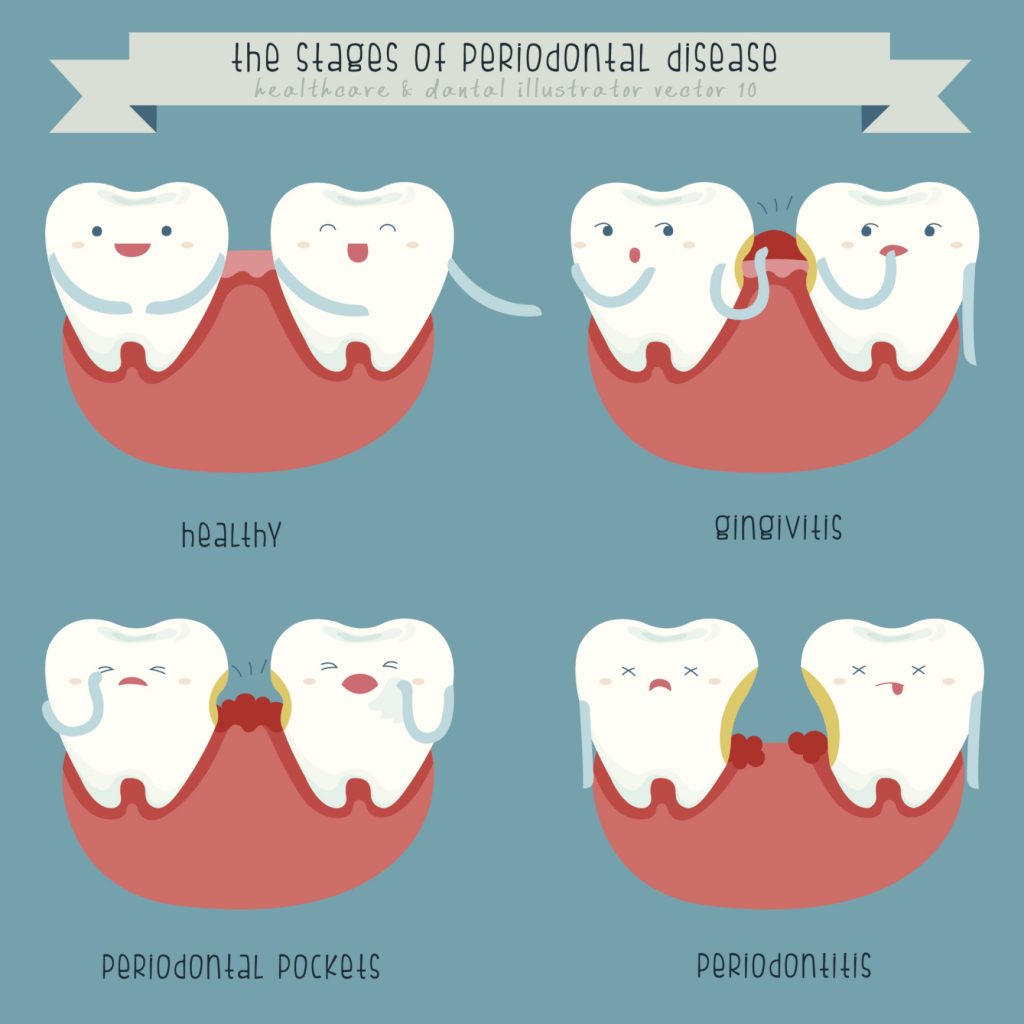
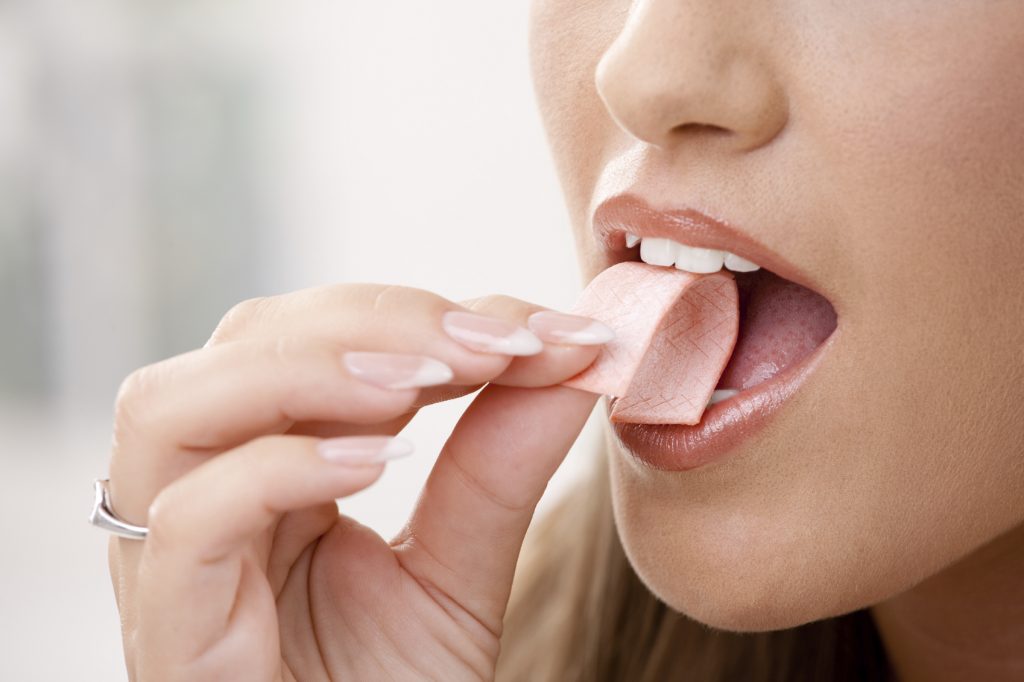
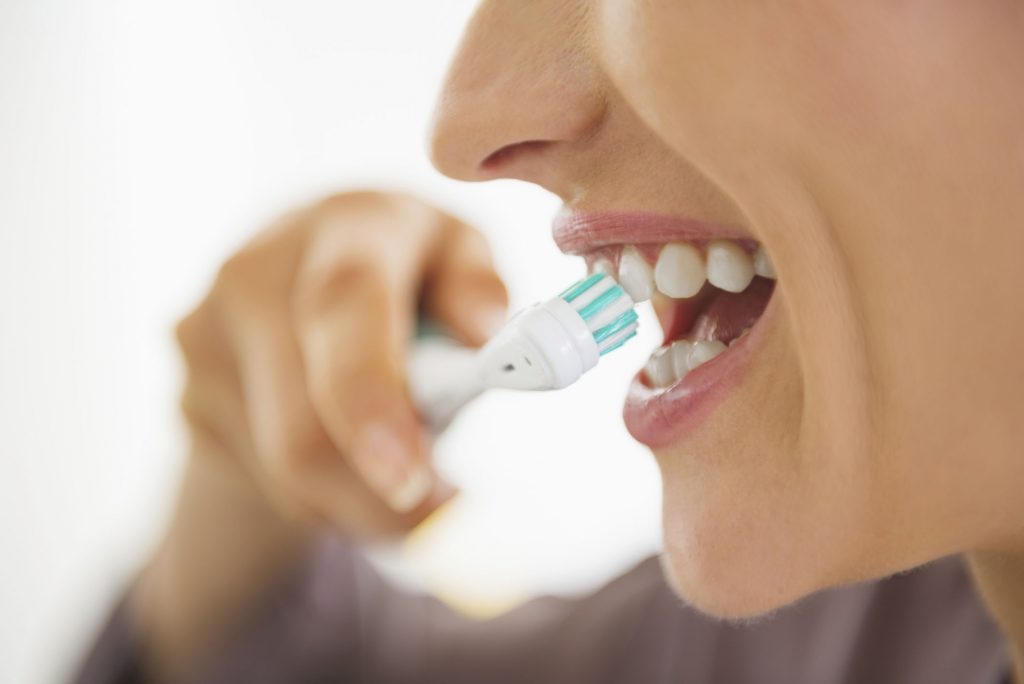

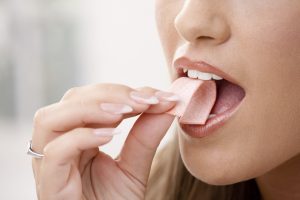 Periodontal disease is one of the most common problems Americans face – as many as half of American adults have some level of periodontal disease, and that percentage increases at higher ages. Periodontal, or gum, disease can take many forms – from mild gingivitis, with symptoms like red inflamed gums to severe periodontal disease, where pus from infections can push teeth from their socket.
Periodontal disease is one of the most common problems Americans face – as many as half of American adults have some level of periodontal disease, and that percentage increases at higher ages. Periodontal, or gum, disease can take many forms – from mild gingivitis, with symptoms like red inflamed gums to severe periodontal disease, where pus from infections can push teeth from their socket.